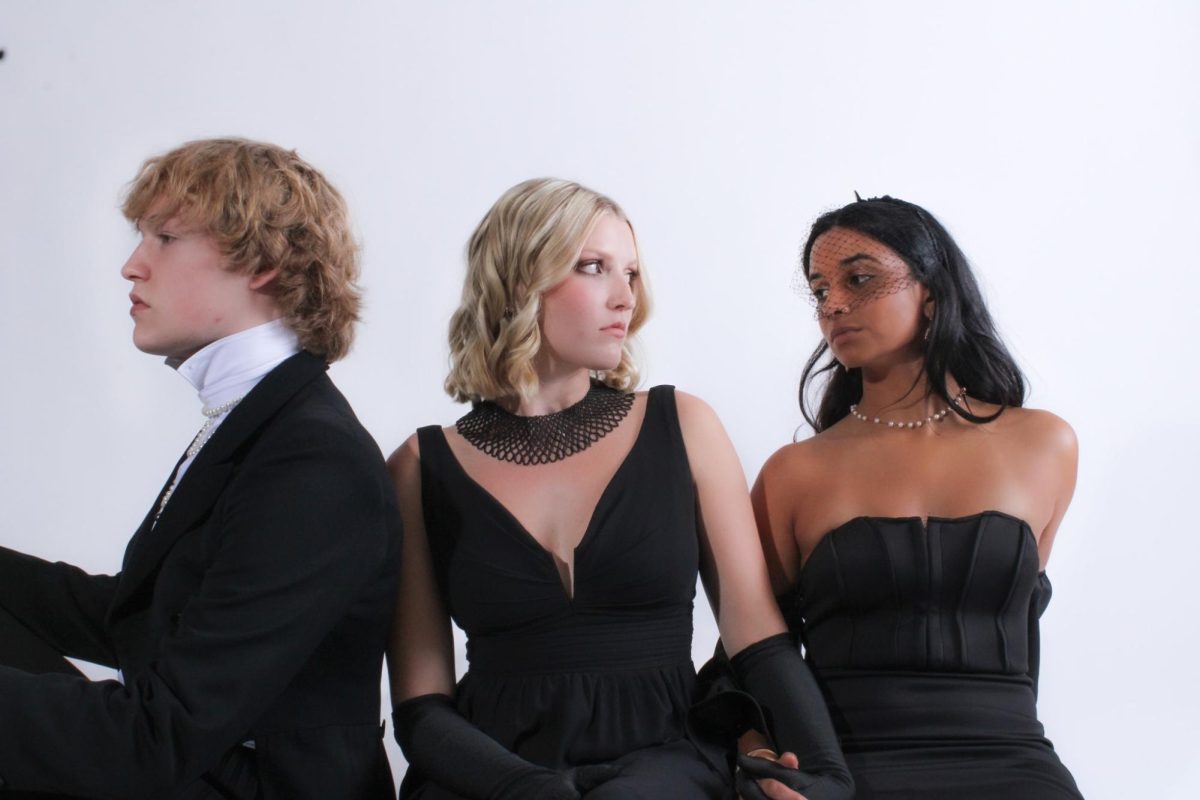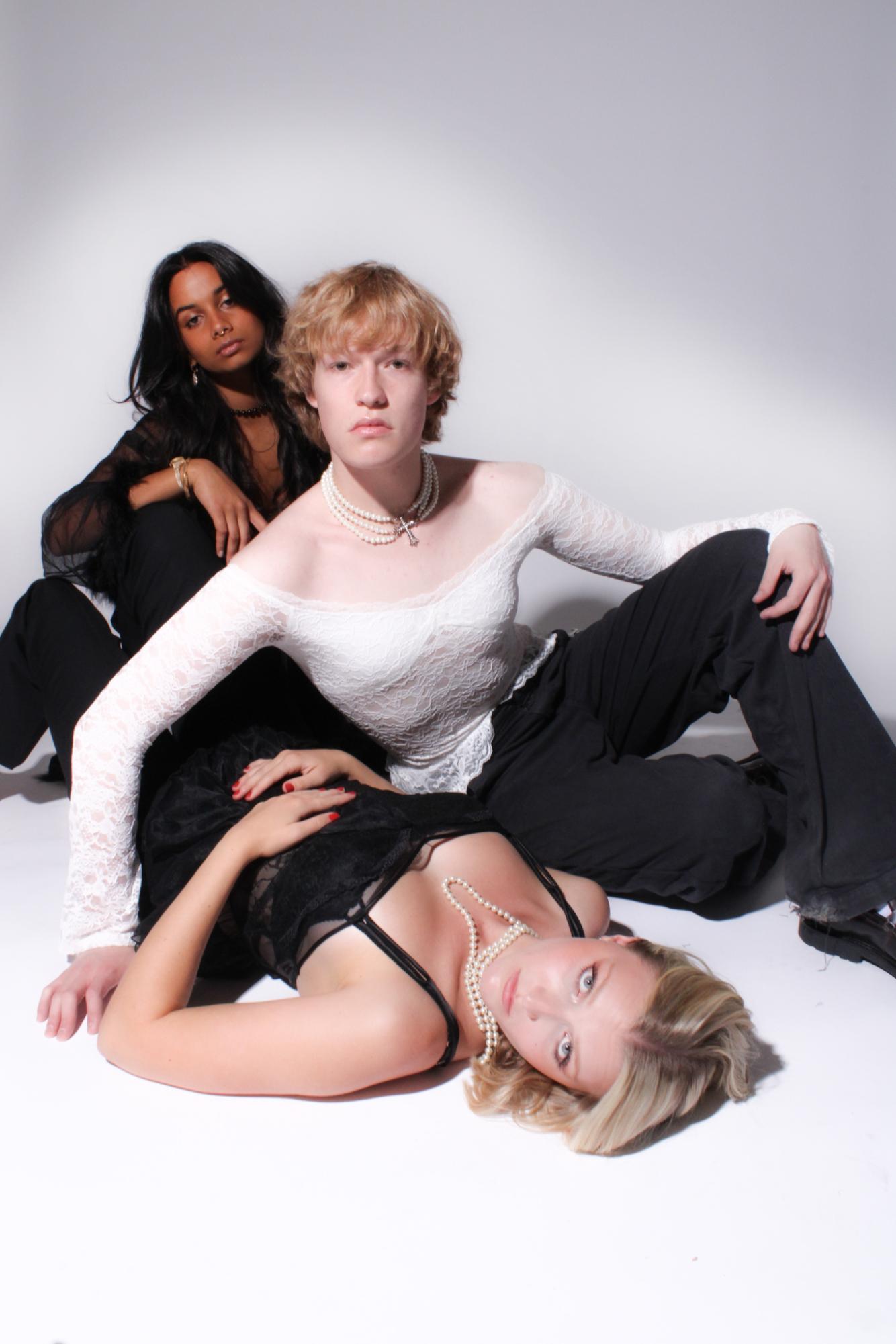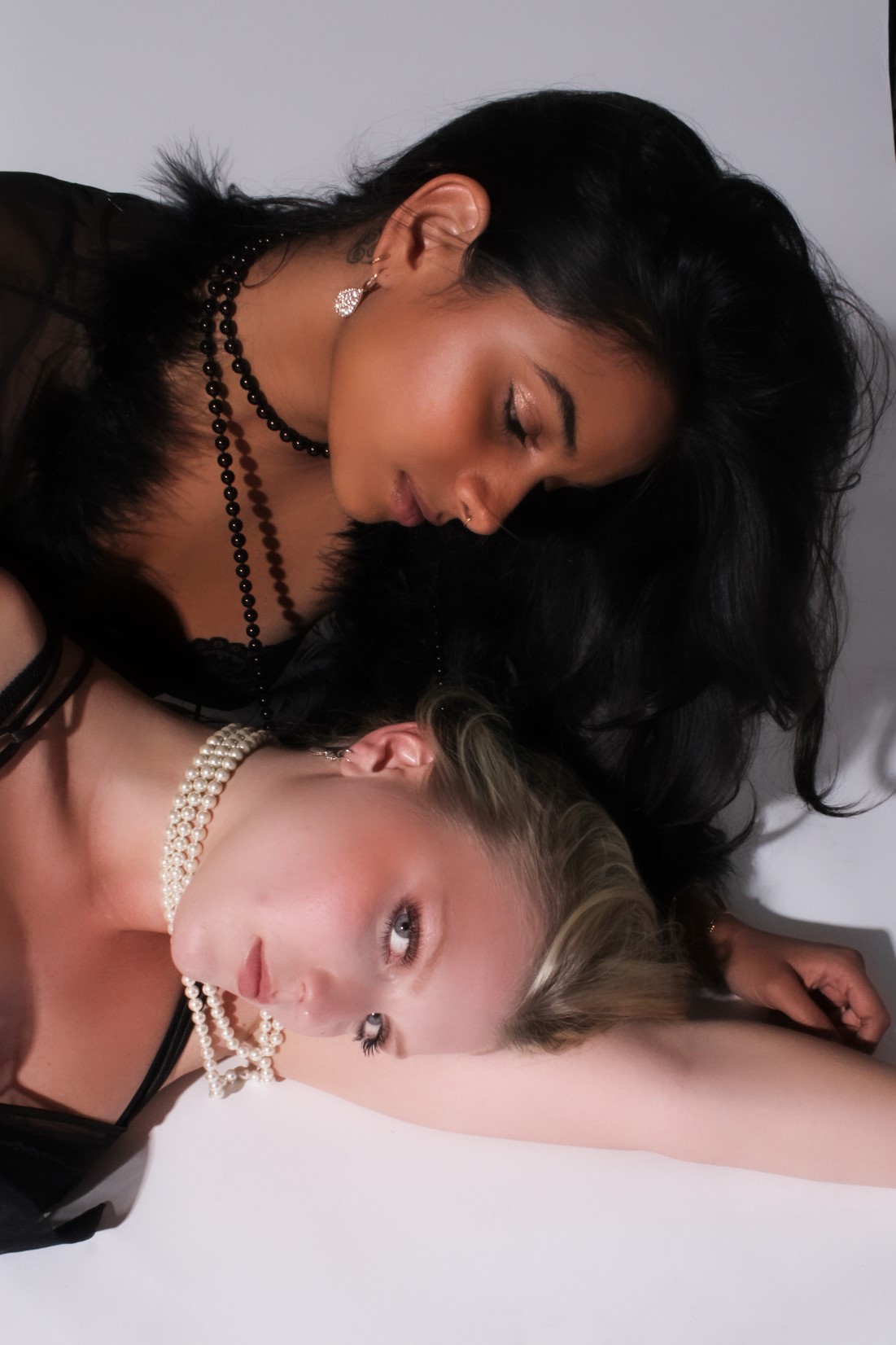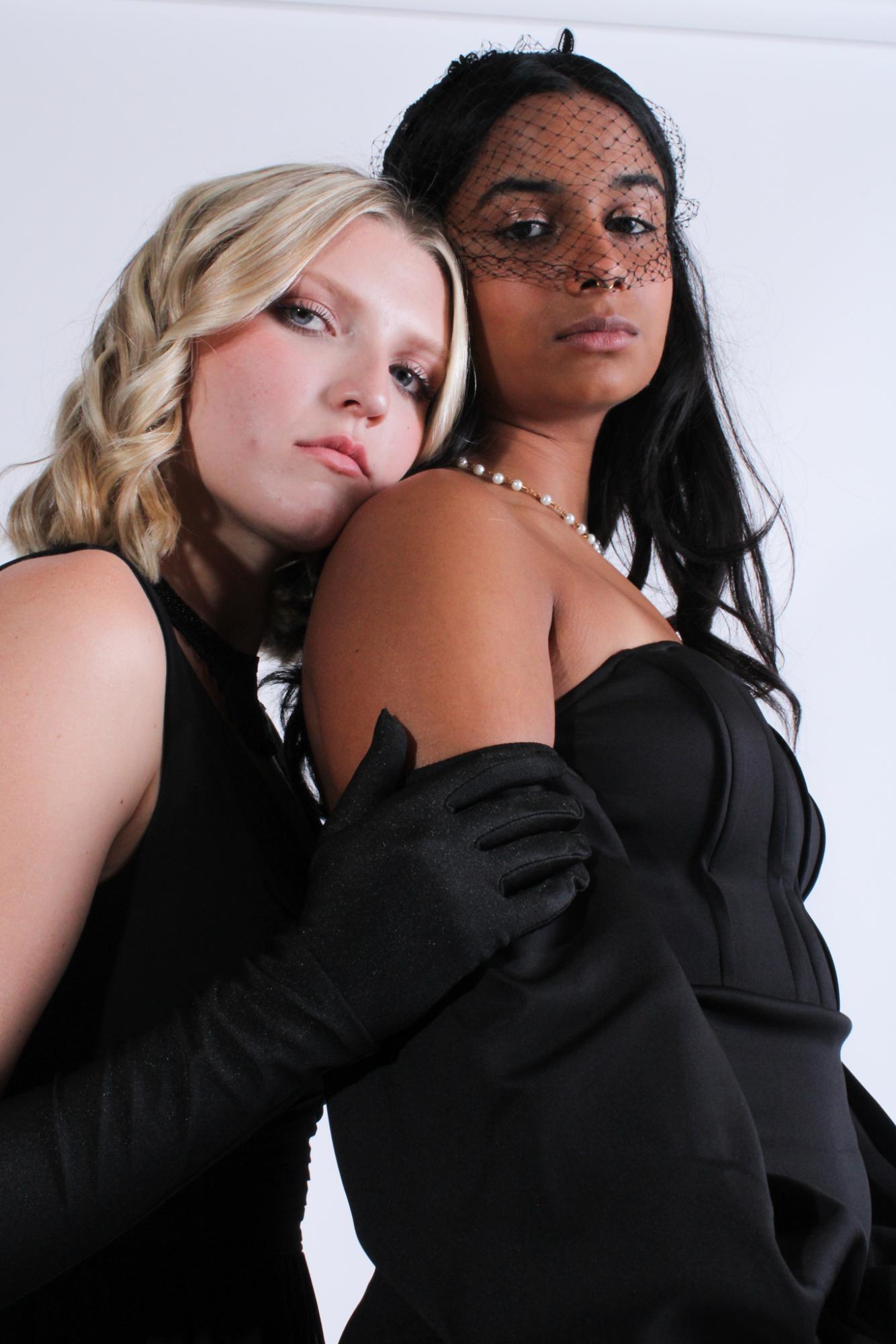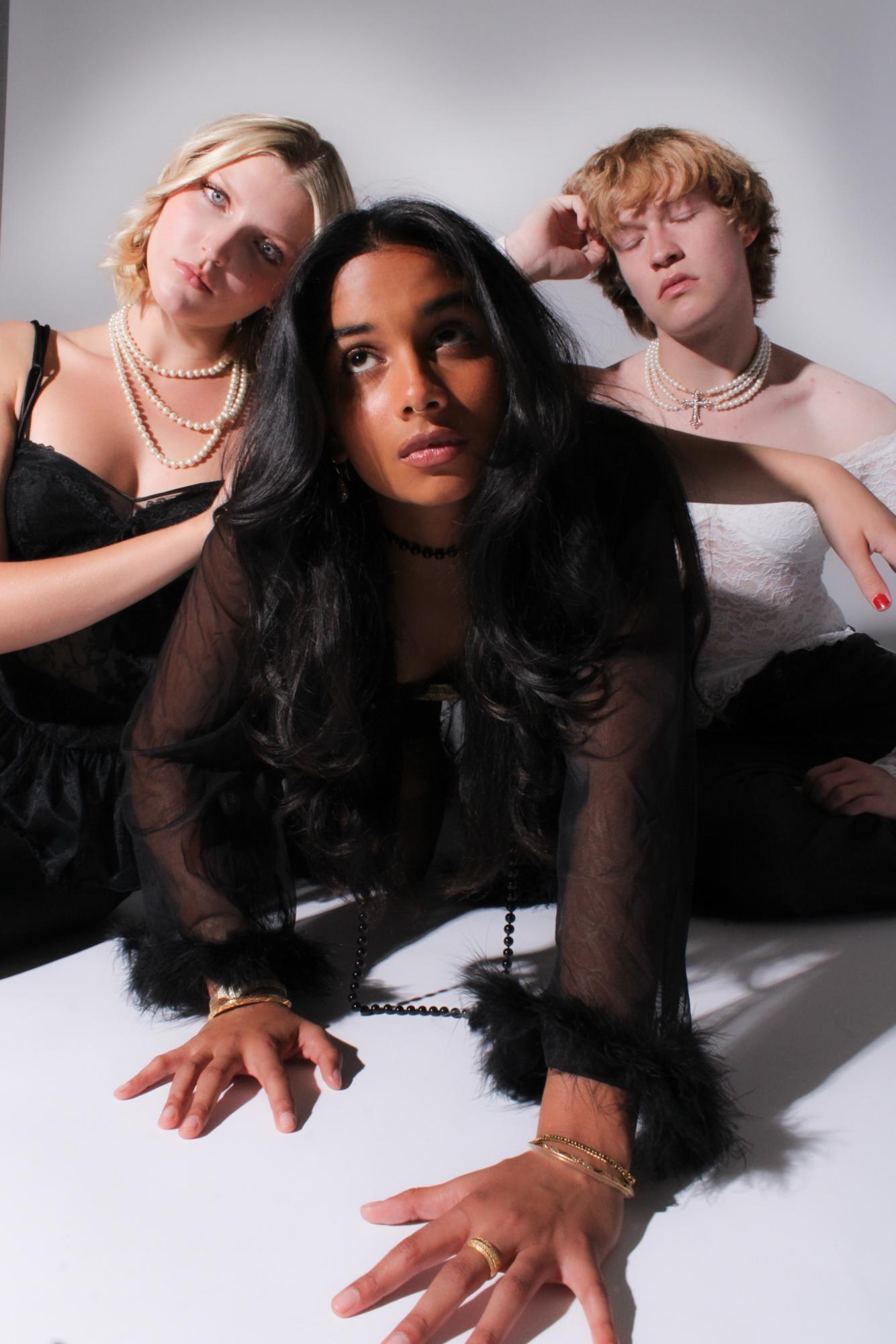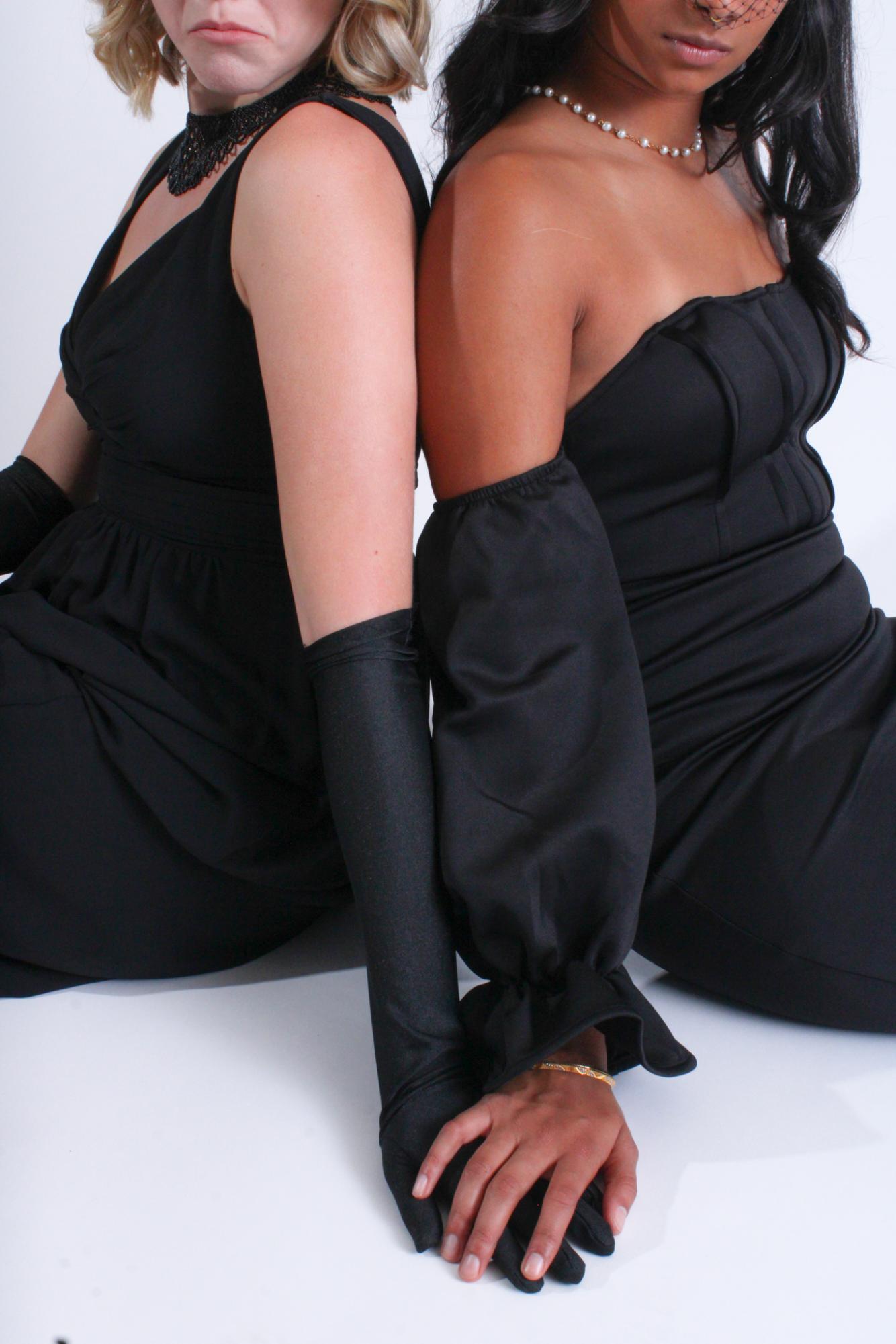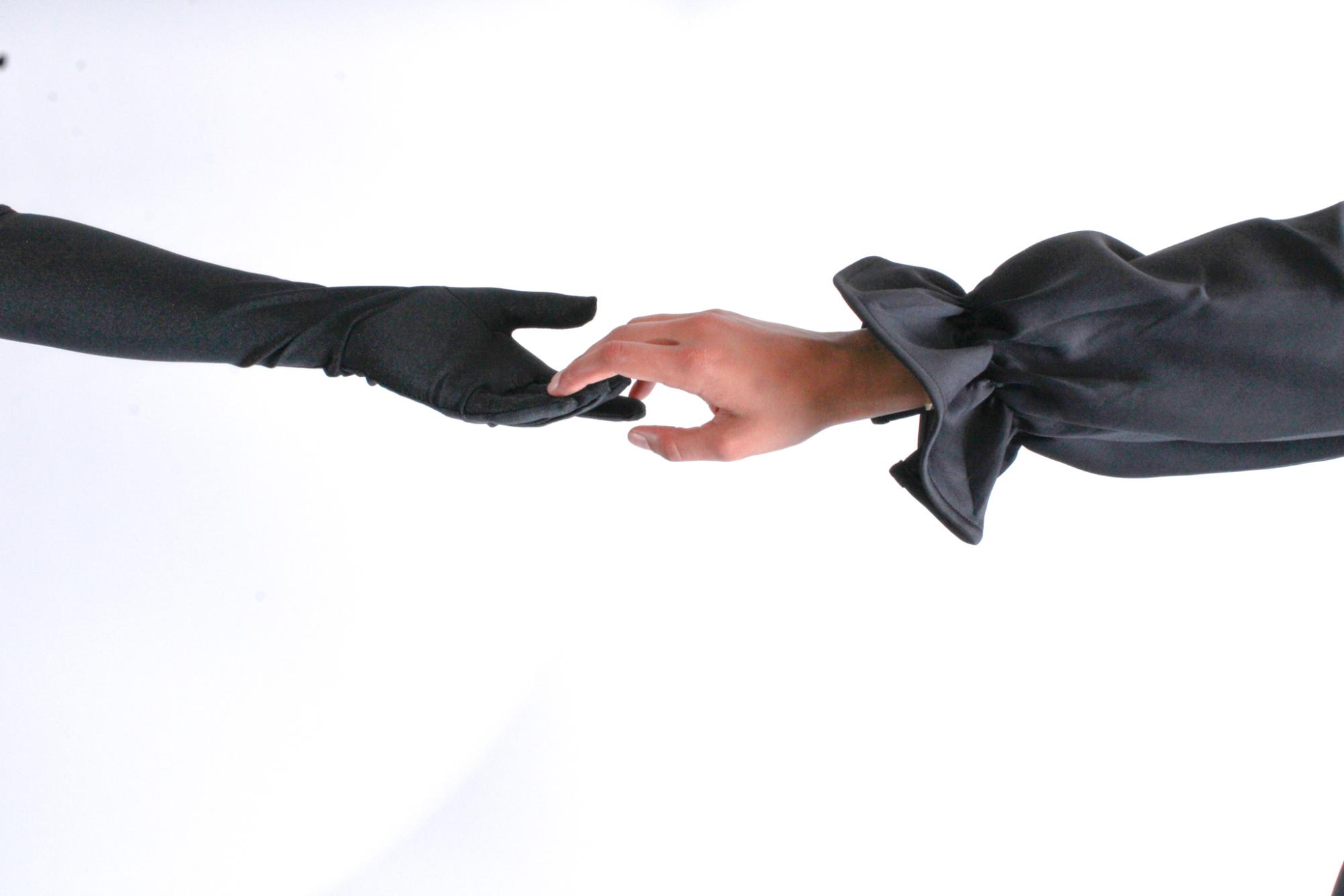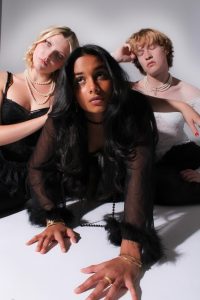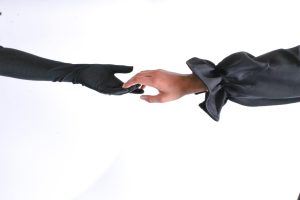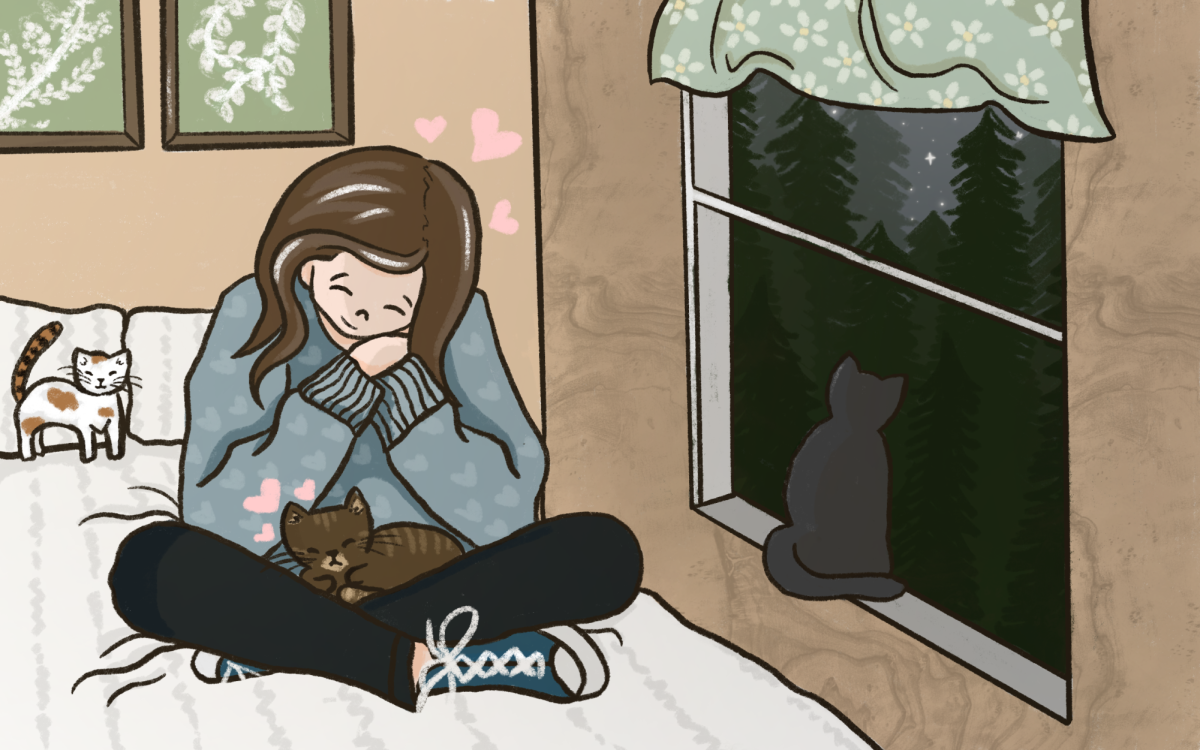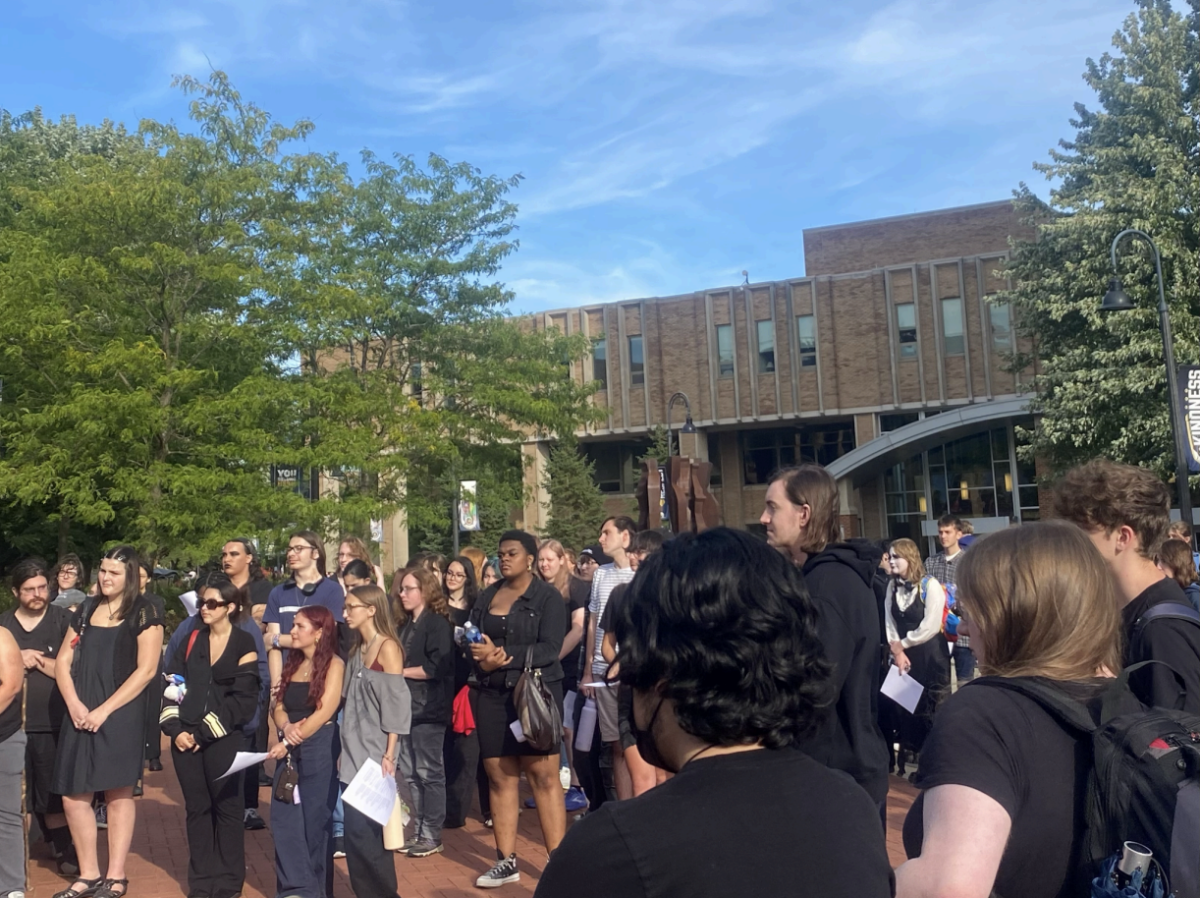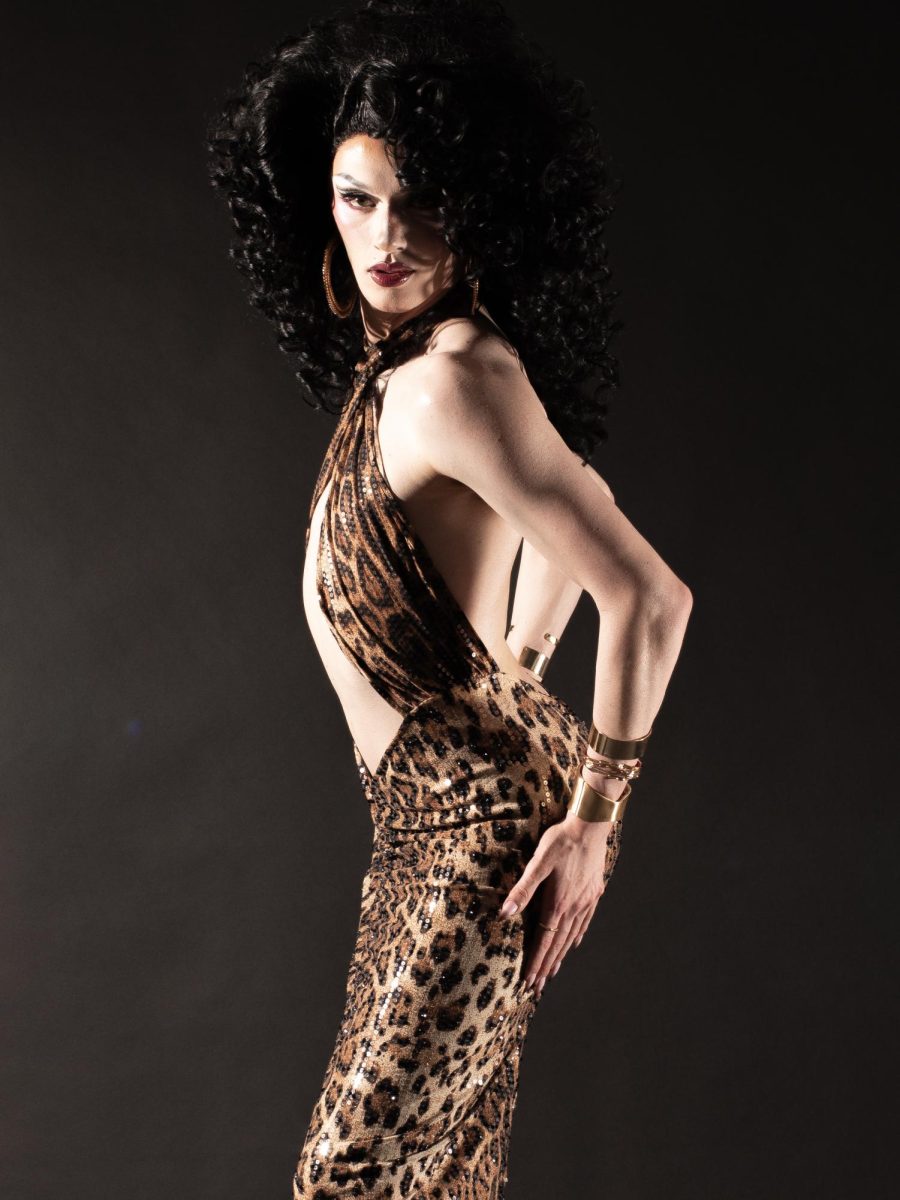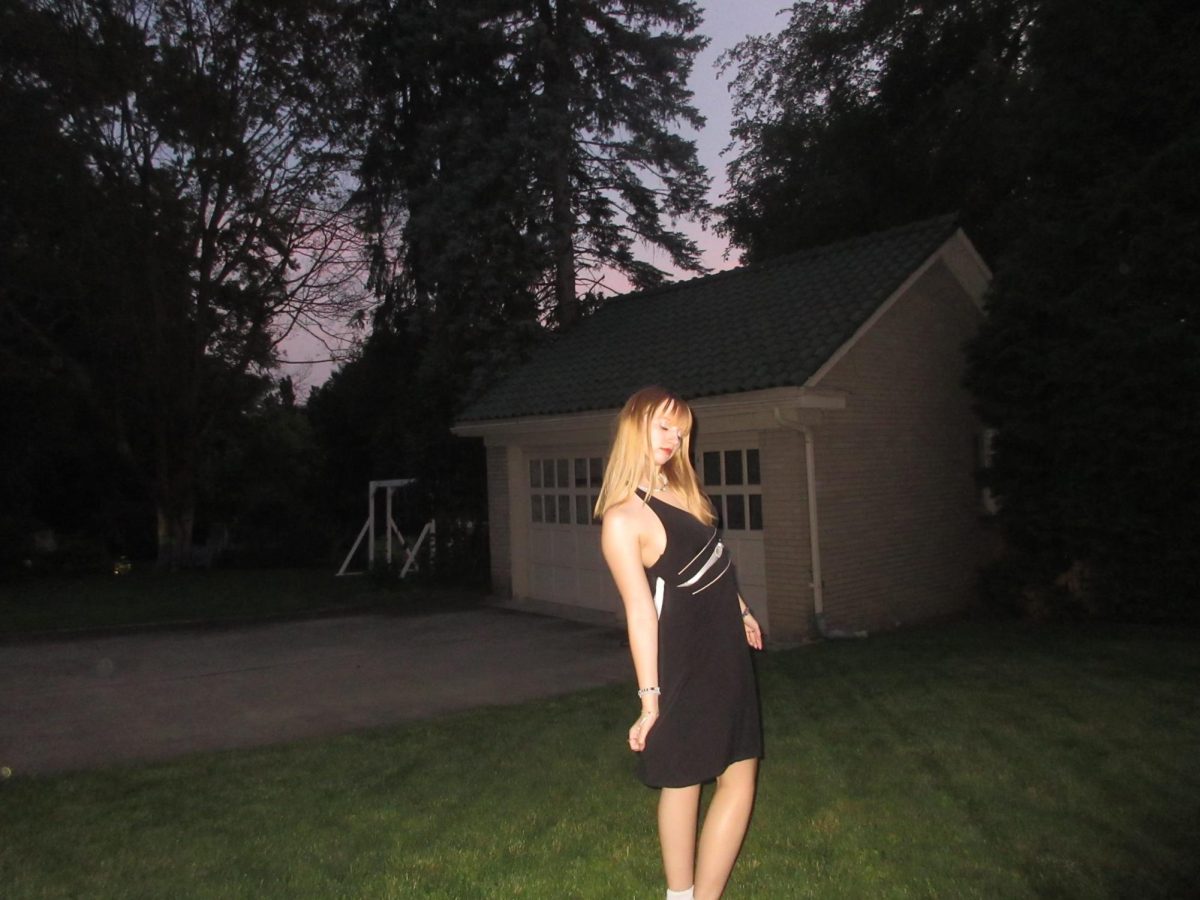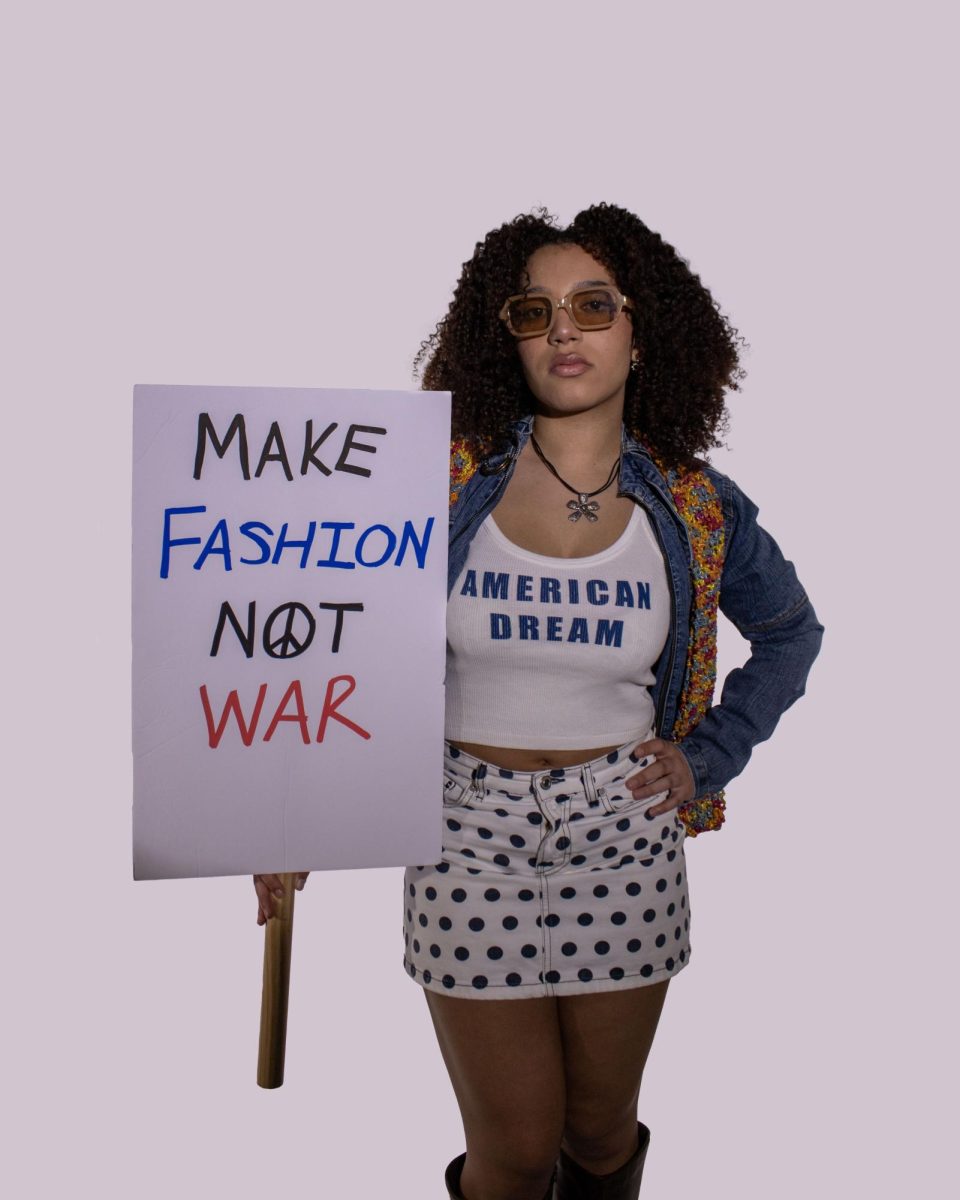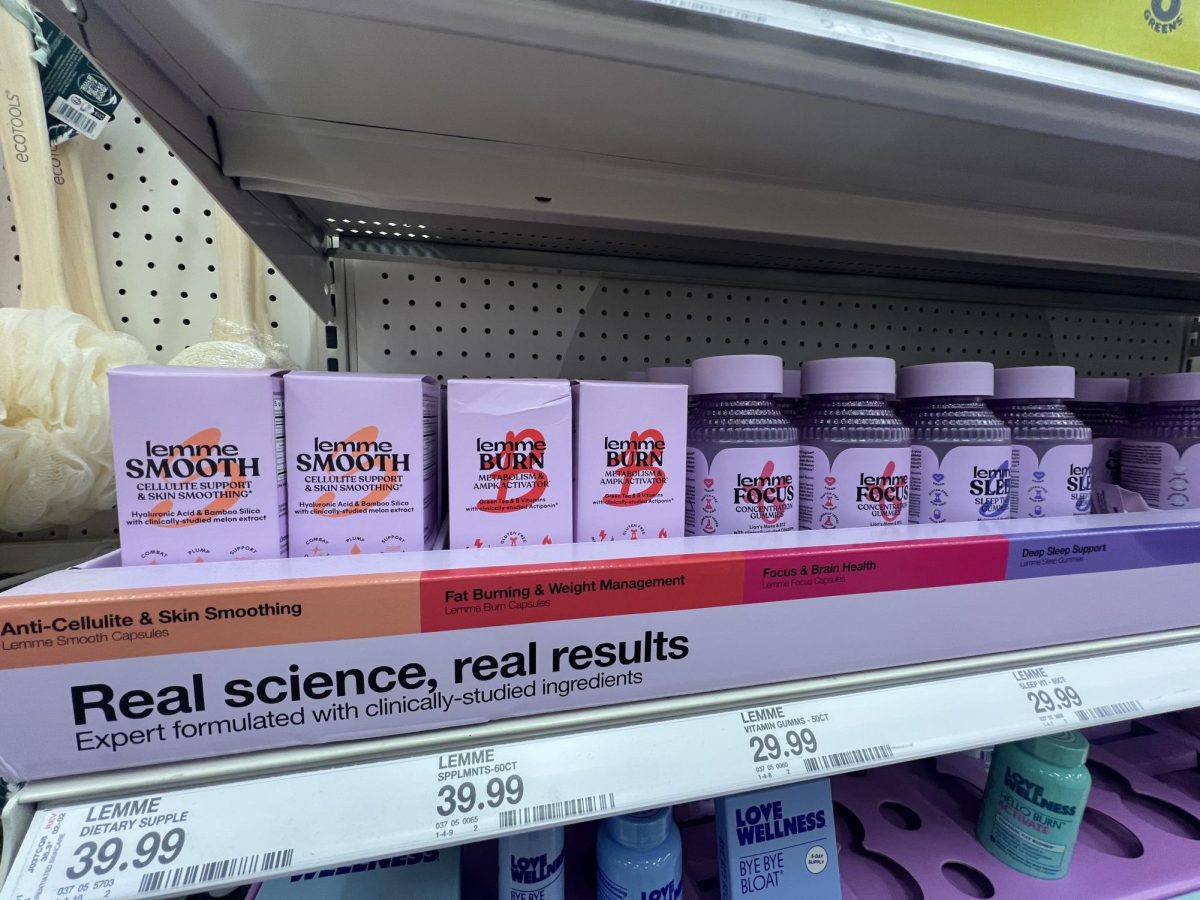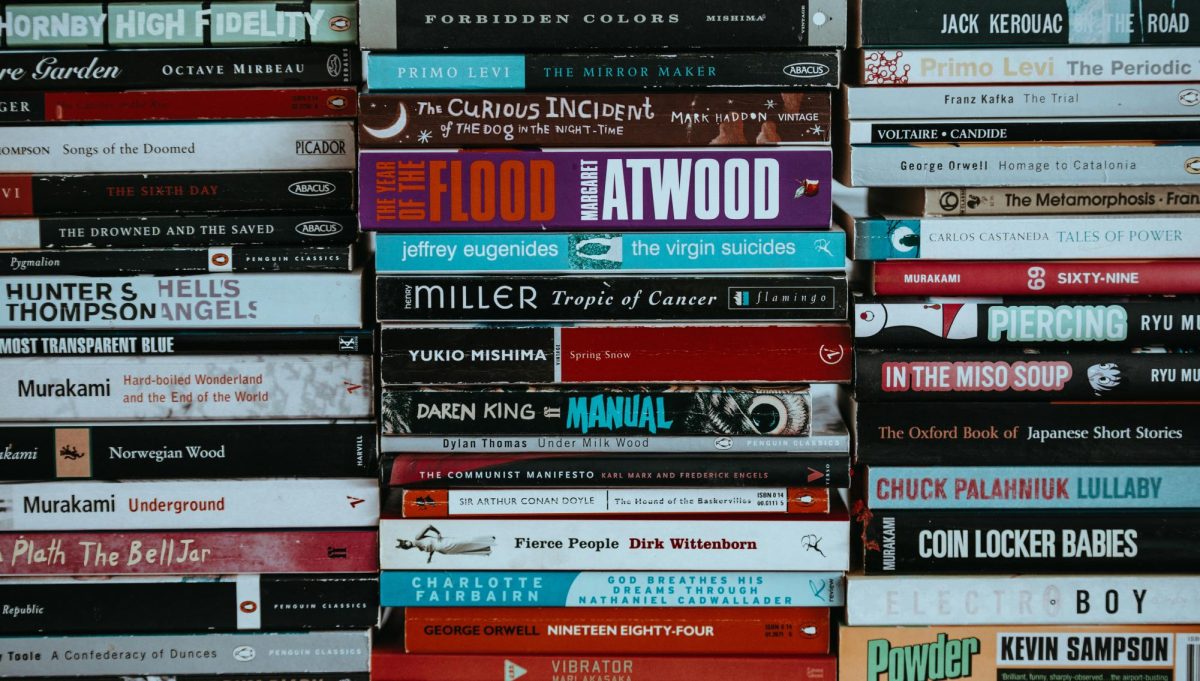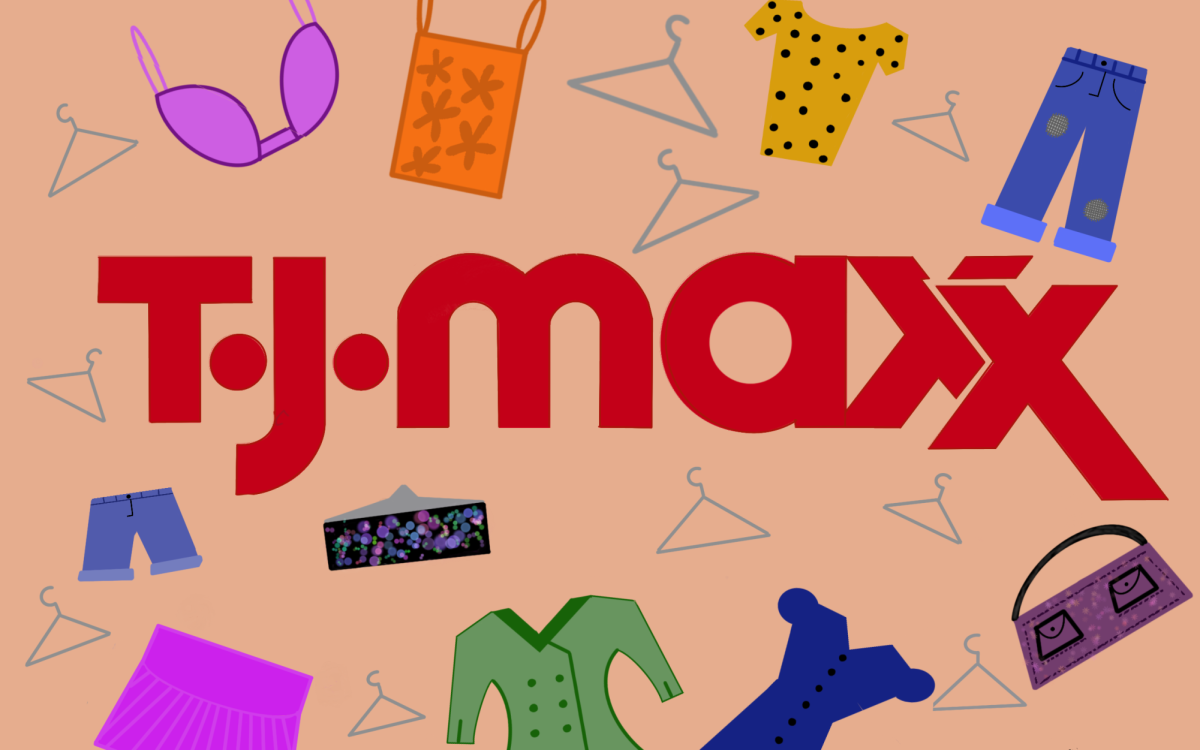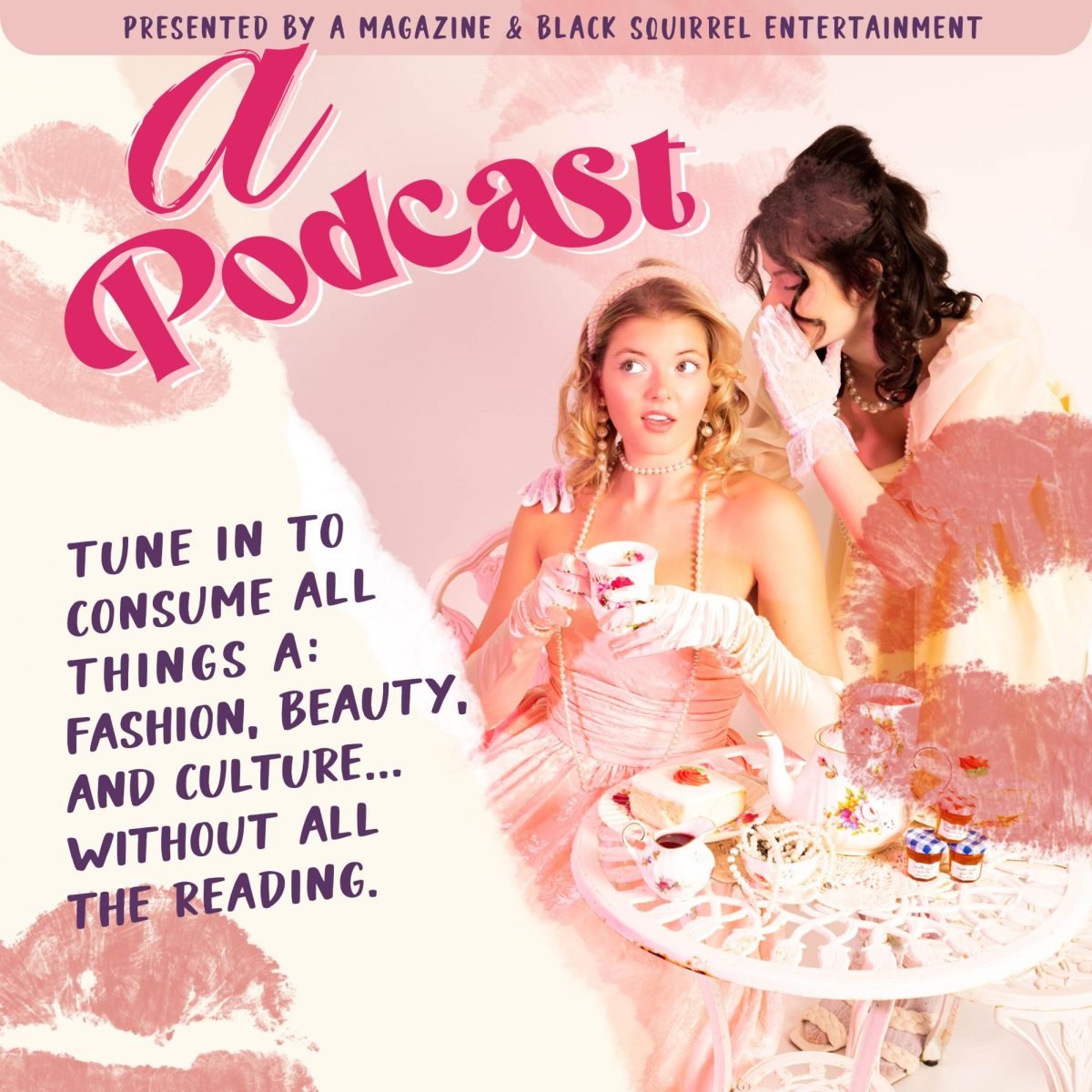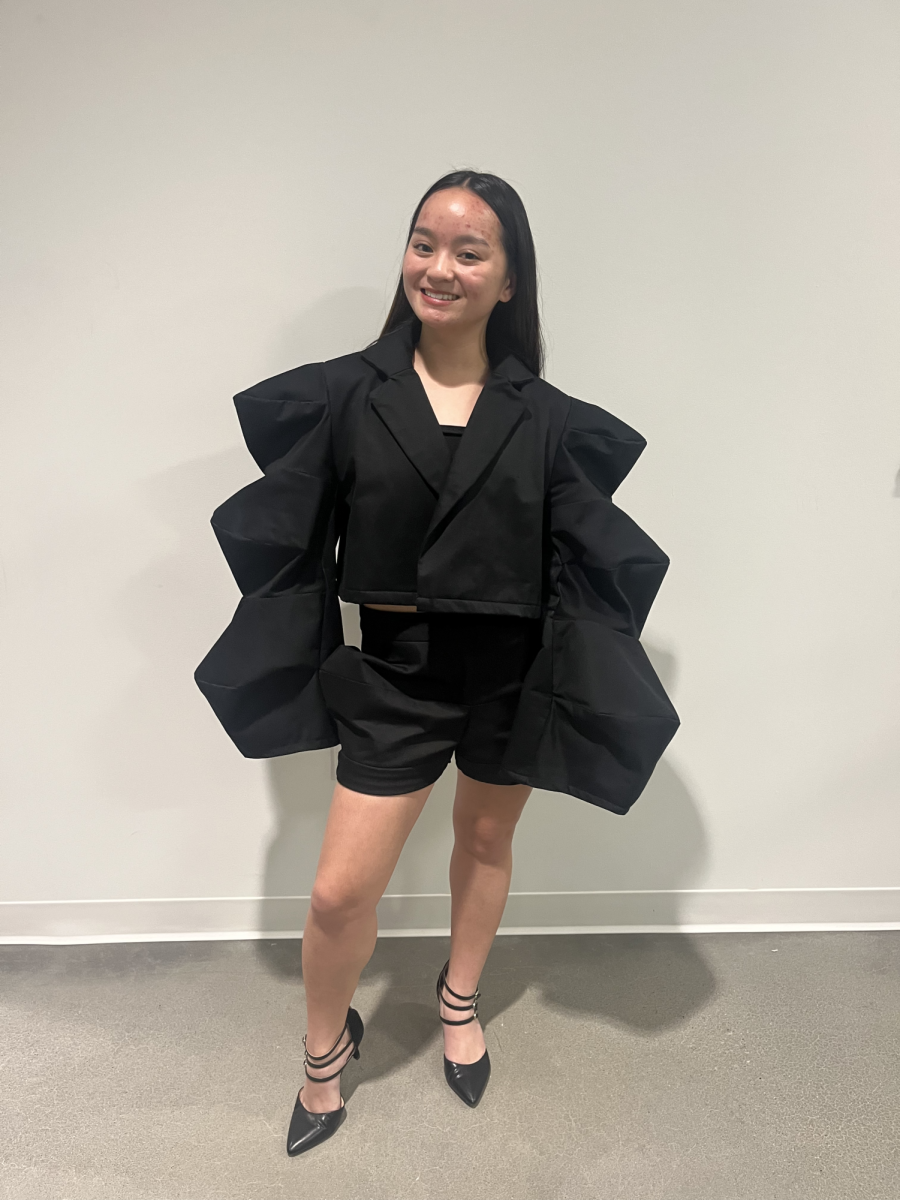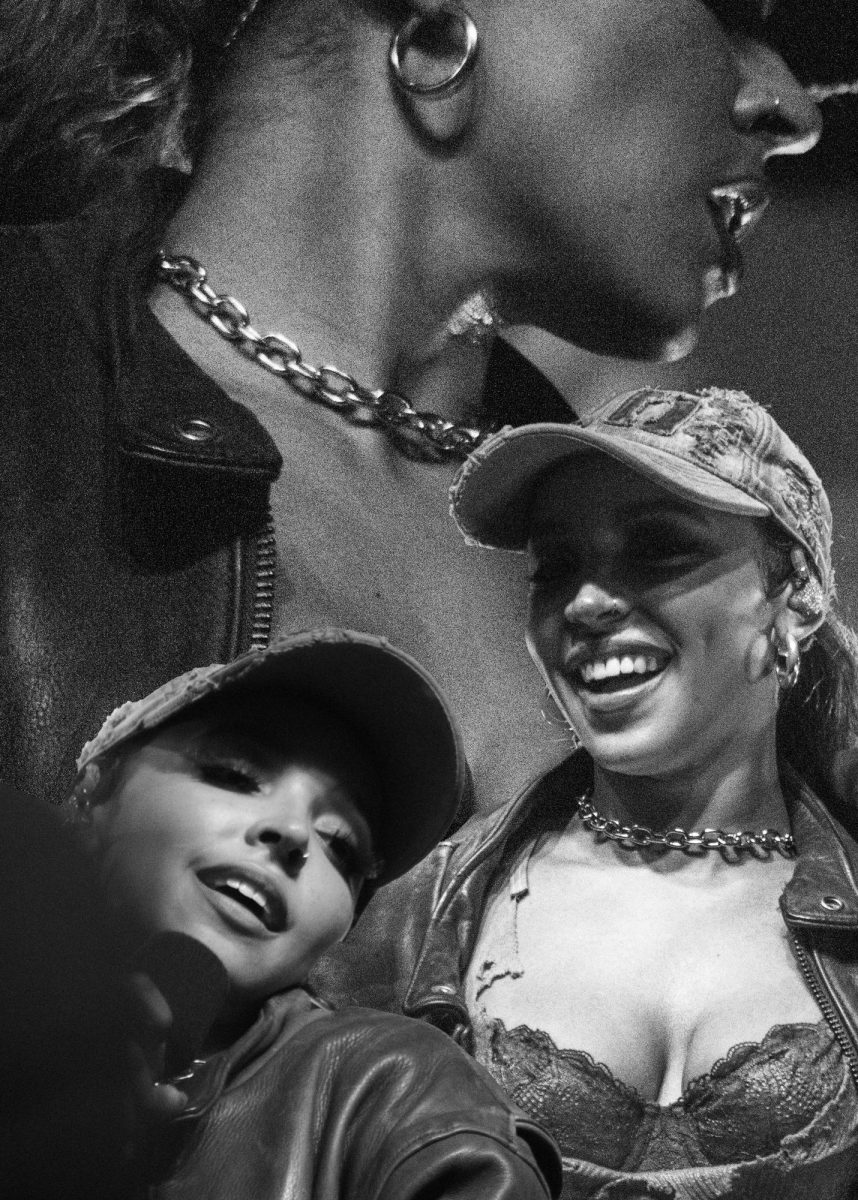With the release of Sabrina Carpenter’s new music video “Taste,” the topic of queerbaiting has been nagging at my mind. In the video, Carpenter and Jenna Ortega share a steamy kiss despite neither actress having claimed to be queer publically.
Representation of queer culture has increased in the pop industry and, oftentimes, an emphasis on queerness is placed on marketing for a song. Unfortunately, without explicitly queer lyrics or labels, people tend to lash out and accuse celebrities of queerbaiting.
Queerbaiting is a marketing technique that involves hinting at LGBTQ+ representation without actually depicting it. It is a manipulation tactic used by the media, so when artists like Sabrina Carpenter and Billie Eilish appear to be abusing this, audiences are quick to call them out for queerbaiting.
However well-intentioned, accusing real people of queerbaiting can be harmful to closeted celebrities who may not yet feel comfortable confirming their queerness. Labeling a celebrity playing a queer character or writing a song with suggestively queer lyrics as “queerbait” deems what could be someone trying to subtly imply their sexuality and become more comfortable with their identity as something malicious.
Back in 2022, “Heartstopper” actor Kit Connor was relentlessly bullied and shamed by so-called fans for having an alleged girlfriend while playing a character in a queer relationship. Connor became so frustrated with the harassment online that he officially came out as bisexual via Twitter in a statement reading, “I’m bi. Congrats for forcing an 18-year-old to out himself. I think some of you missed the point of the show.” In a statement given to Hunger Magazine that year, Connor said, “‘That tweet I posted pressed the importance of respecting people’s own journeys and I think it highlights the risks of outing someone and making someone feel uncomfortable. I don’t feel like I have to tell the world about my sexuality.”
Billie Eilish is another young celebrity who faced backlash for protecting their sexuality. Even though the singer came out as queer this past December and even provided “proof” by writing songs with explicitly sapphic lyrics this year like “LUNCH” and her verse on Charli XCX’s “Guess” remix, this does not erase the harsh queerbaiting allegations she faced in 2021. As promotion for her single “Lost Cause” which came out that year, Eilish made a music video dancing with other women at a slumber party and posted it to her Instagram with the caption “I love girls.” Eilish received severe amounts of bullying for queerbaiting in this video, only for her to come out as queer, making the harassment even more unsubstantiated.
In a statement shared to Variety at that time, Eilish said, “Wasn’t it obvious? I didn’t realize people didn’t know. I just don’t really believe in it. I’m just like, ‘Why can’t we just exist?’ I’ve been doing this for a long time, and I just didn’t talk about it. Whoops.”
Eilish coming out speaks to how nonsensical it is to accuse celebrities of “taking advantage” of queer culture. It is impossible to know someone’s journey with their identity based on what you see online. These so-called queerbaiting tactics could be a celebrity’s way to experiment with who they are and soft-launch their sexuality to their large following.
The LGBTQ+ community has been defined by its accepting and welcoming behavior. That kindness is not always extended to those with a platform because we are conditioned to be distrusting of the entertainment industry due to its history of relying on actual queerbait for press.
No matter how mainstream queer culture becomes, queer people are still a minority of the population. Understandably, a defense system arises when someone, specifically a celebrity with a large platform, infringes on such a small community without explicit labels, dating history, photographs, etc. The queer community reacts with a reflex to gatekeep their world from someone who could be exploiting it for profit. However, the real enemy will always be the industry showrunners and manipulative marketing tactics, not the young, queer celebrities who are just as deserving of patience and grace as any other person unraveling their sexuality.
Here’s to hoping that we can learn to think before sending hate to someone who could be on the same journey of self-discovery as all other young queer people. Everyone deserves to come out on their own terms.
Support Student Media
Hi! I’m Kayla Friedman, A Magazine’s editor-in-chief. My staff and I are committed to bringing you the most important and entertaining news from the realms of fashion, beauty and culture. We are full-time students and hard-working journalists. While we get support from the student media fee and earned revenue such as advertising, both of those continue to decline. Your generous gift of any amount will help enhance our student experience as we grow into working professionals. Please go here to donate to A Magazine.

